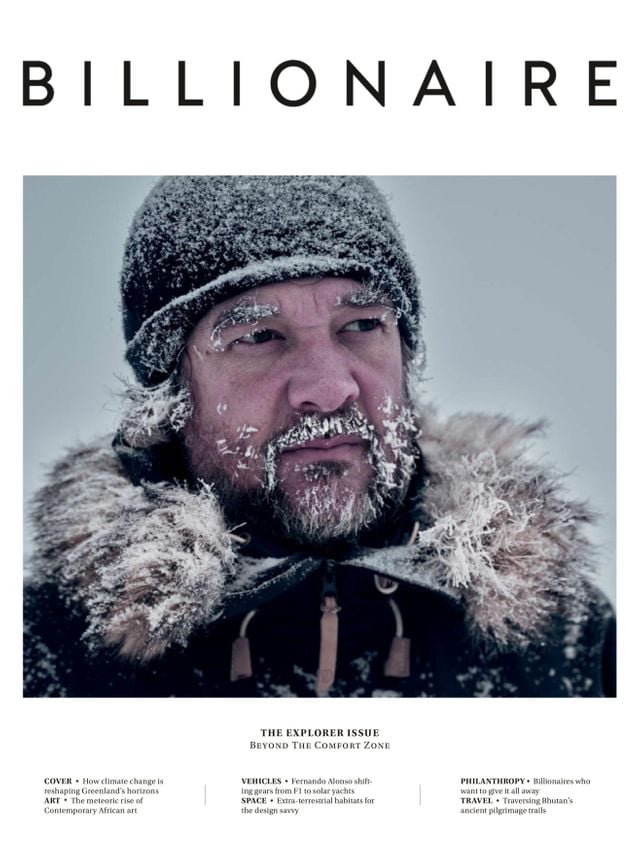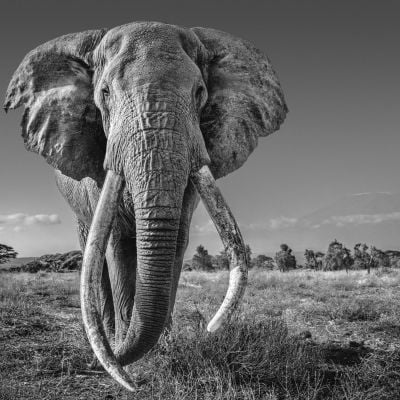Good Books
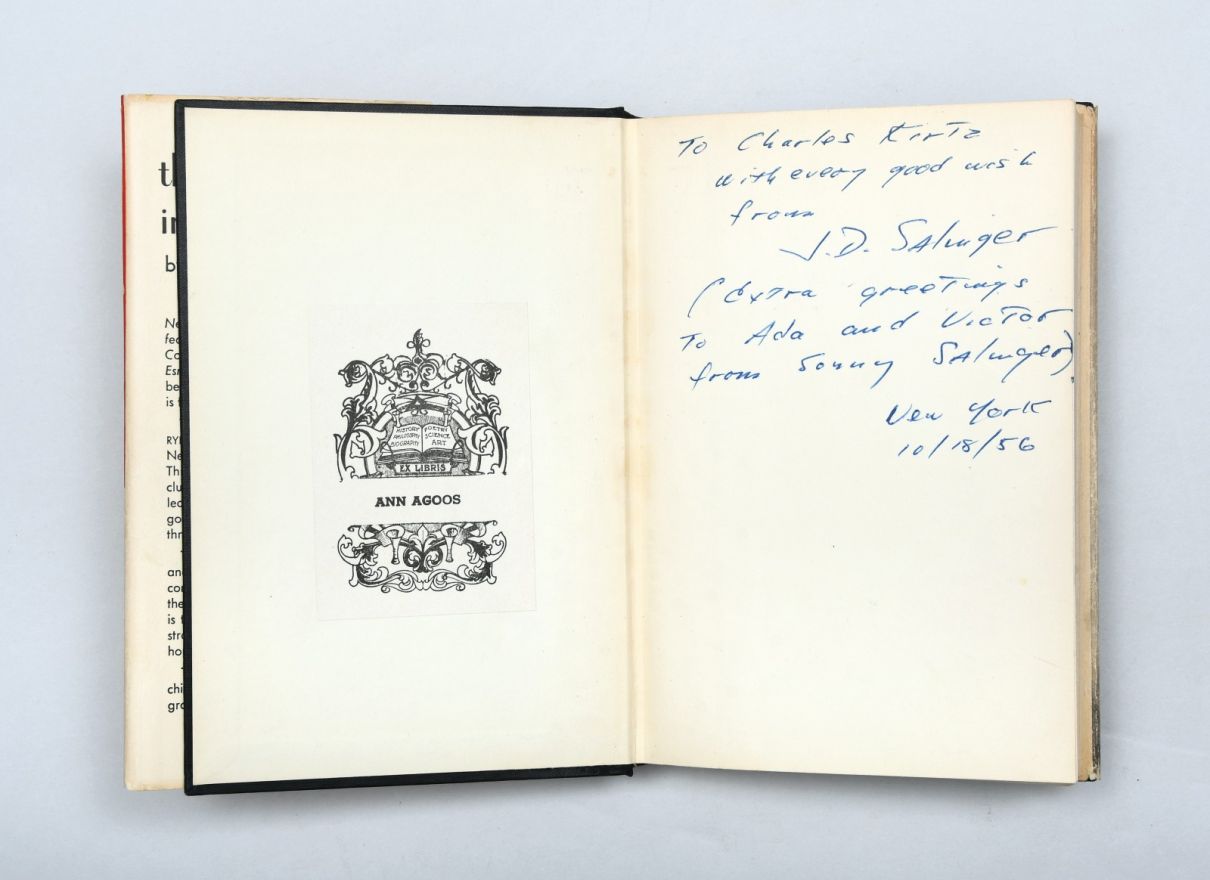
Rare and beautiful books have withstood the vagaries of the pandemic.
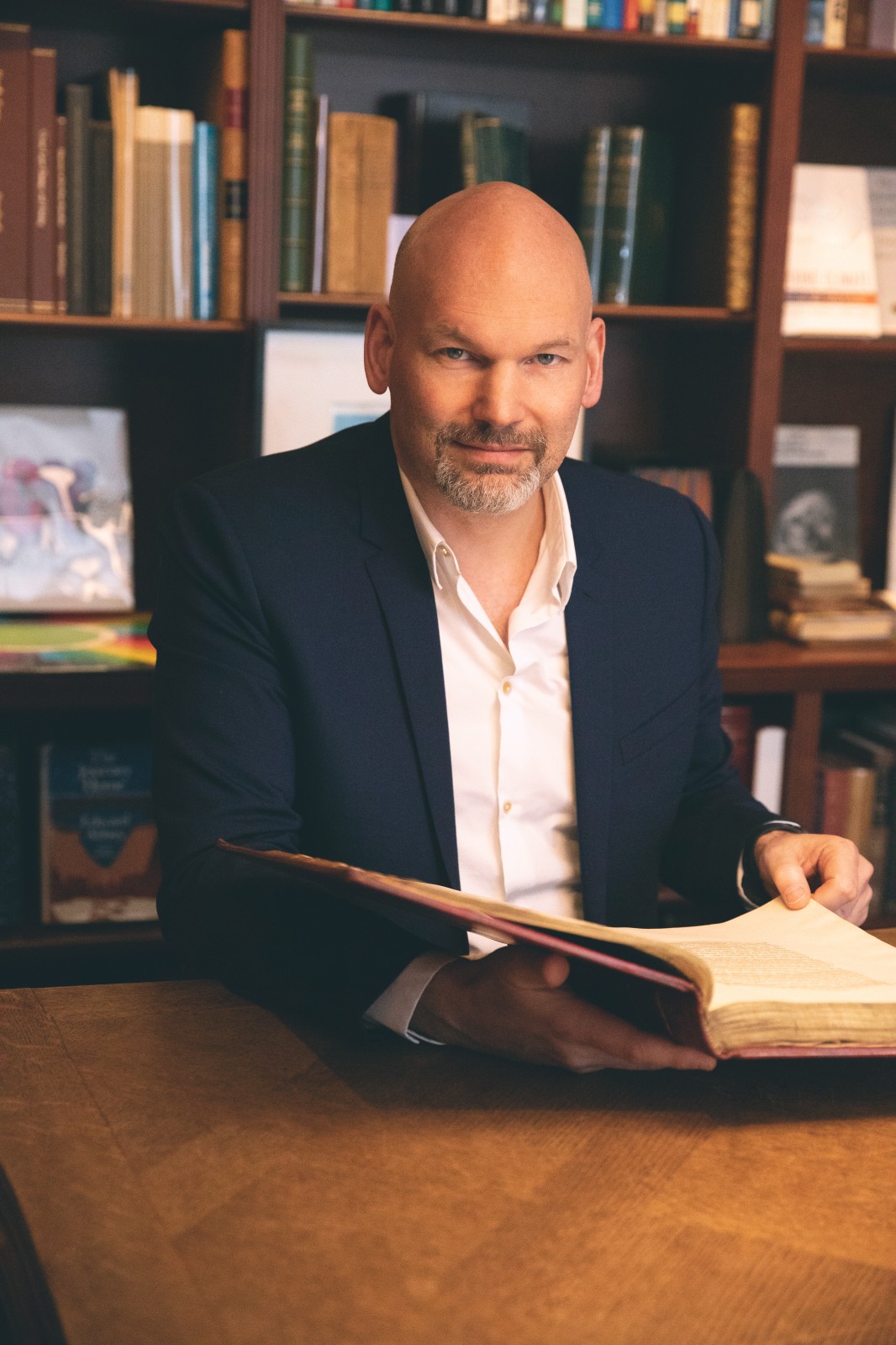
That the pen is mightier than the sword was never more evident than in the publishing and subsequent banning of Nicolaus Copernicus’s De revolutionibus orbium coelestium (On the Revolutions of the Heavenly Spheres) in 1543.
A book that upset humankind’s perspective on its relationship with the universe, refuting the widely accepted Ptolemaic model that placed the Earth at the centre of everything and suggesting the heliocentric astronomical model, it was considered heretical by the Catholic Church. It was included in the infamous Index Librorum Prohibitorum (Index of Prohibited Books) from 1616 to 1758 and only around 200 copies exist.
A copy was on display at Firsts, a rare book fair in London organised by The Antiquarian Booksellers’ Association. Held at the Saatchi Gallery this year, it marked the 65th edition of the fair, which historically attracts over 4,000 visitors and dealers from around the world. This particular copy of Copernicus’s famous work was priced at £2 million, through Danish dealer Sophia Rare Books.
Although the book didn’t sell at the fair, founder Christian Westergaard was not disheartened. “There was some serious in interest in it, and books in this league do take a little while to sell. They need to be shown and discussed with potential buyers. There is by no means a loss of interest in important books which have changed out world.”
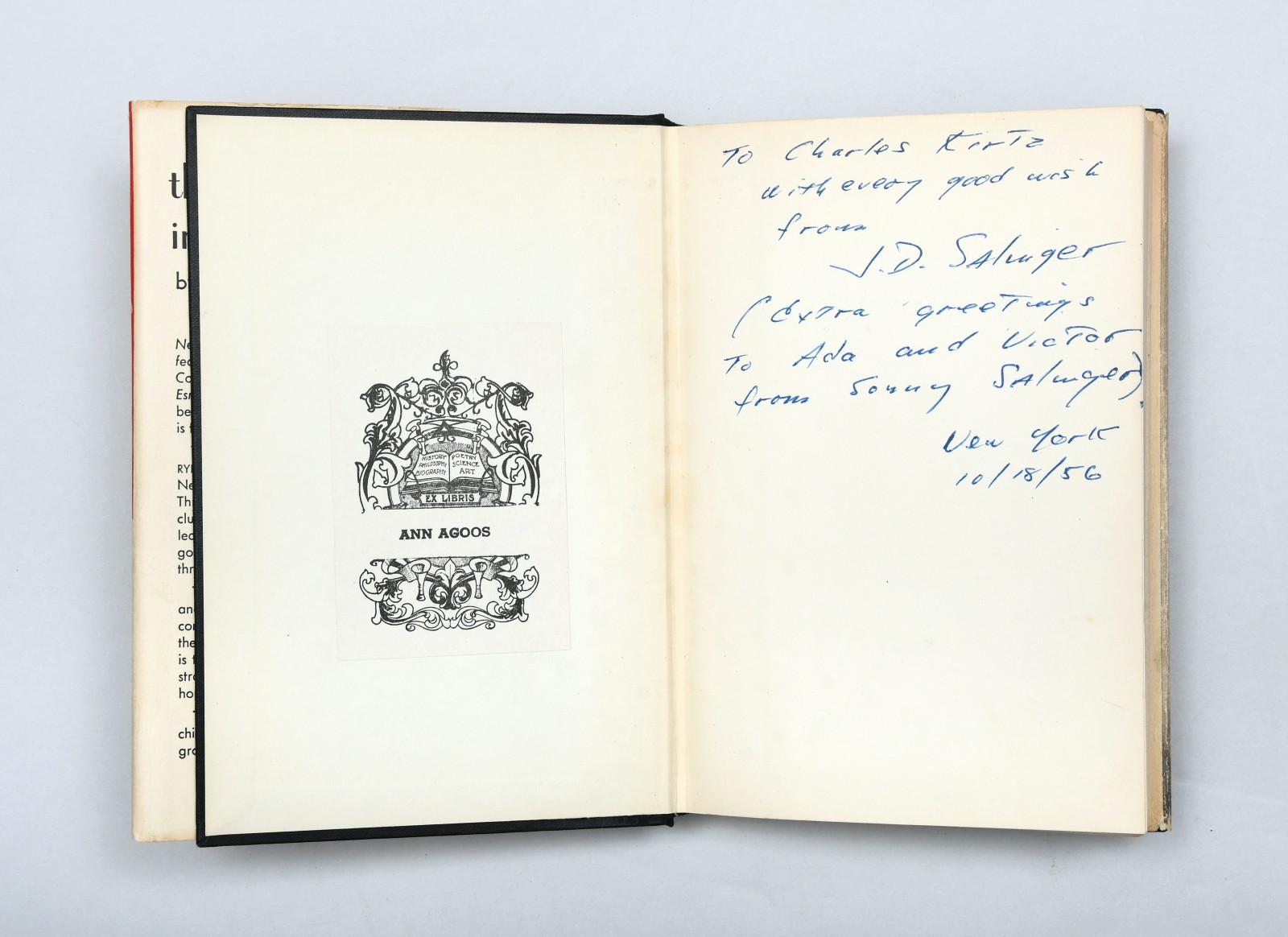
Pom Harrington, who runs Peter Harrington Rare Books in Mayfair, which he formed with his late father Peter, believes that post-COVID, interest has never been stronger for rare books. “Our rare-book industry thrived in the pandemic and prices have gone up off the back of it; people want to retreat with items they love in their home,” he says.
He adds it is part of a wider pivot in mentality. “In general, Millennials have an interest in books as objects, whereas their parents saw books as clutter, it’s a definite change of attitude.”
His experience is far from alone. In the teeth of the pandemic in October 2020, a near-immaculate First Folio by William Shakespeare sold through a Christie’s auction for US$10 million, after a heated bidding war between three buyers. The winner was Stephan Loewentheil, private collector and founder of the 19th Century Rare Book and Photograph Shop on the US east coast. “The First Folio is the most important collection of plays ever published and revered throughout the world. It is an honour to purchase one of only a handful of complete copies,” he said at the time, adding “books provide a solace in difficult times”.
The condition and provenance are highly important, points out Harrington. “The mentality behind buying the original first-edition book is similar to the collector who is seeking the perfect original watch, a pristine painting or an untouched car that had been owned and driven by a famous celebrity.”
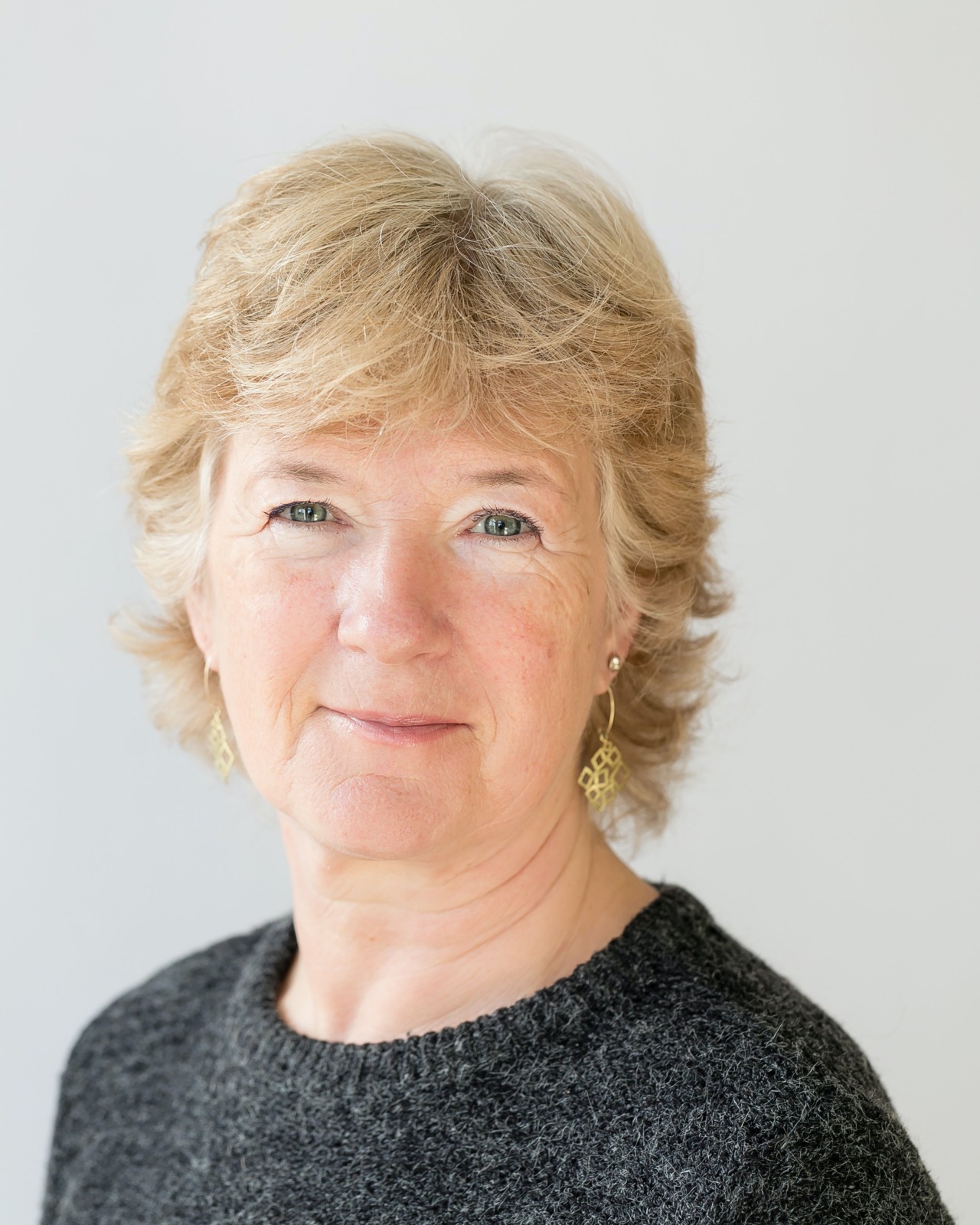
Speaking of provenance, at Firsts this year a copy of JD Salinger’s The Catcher in the Rye was on sale for £225,000. This particular copy was inscribed by the author to family friends and is the only known copy in which the author signs as ‘Sonny’, the nickname given to him by his parents.
“When you are buying rare books, you’re trying to buy it as close to its original condition as possible. For example, what did Ulysses by James Joyce look like in 1922, when you walked into Shakespeare and Company bookshop in Paris? You want to aspire to get as close to that as possible,” says Harrington.
The Folio Society, a publisher founded in 1947 that has published around 2,400 beautifully produced collector's editions with specially commissioned illustrations and handmade bindings. Its upcoming limited editions include Frankenstein (£300) illustrated by Angela Barrett and Turn of the Screw (£500) introduced by author Colm Toíbín. Chief executive Joanna Reynolds agrees that the pandemic has increased demand for luxury books, with people having more time during lockdown, especially time to value lasting and beautiful things.
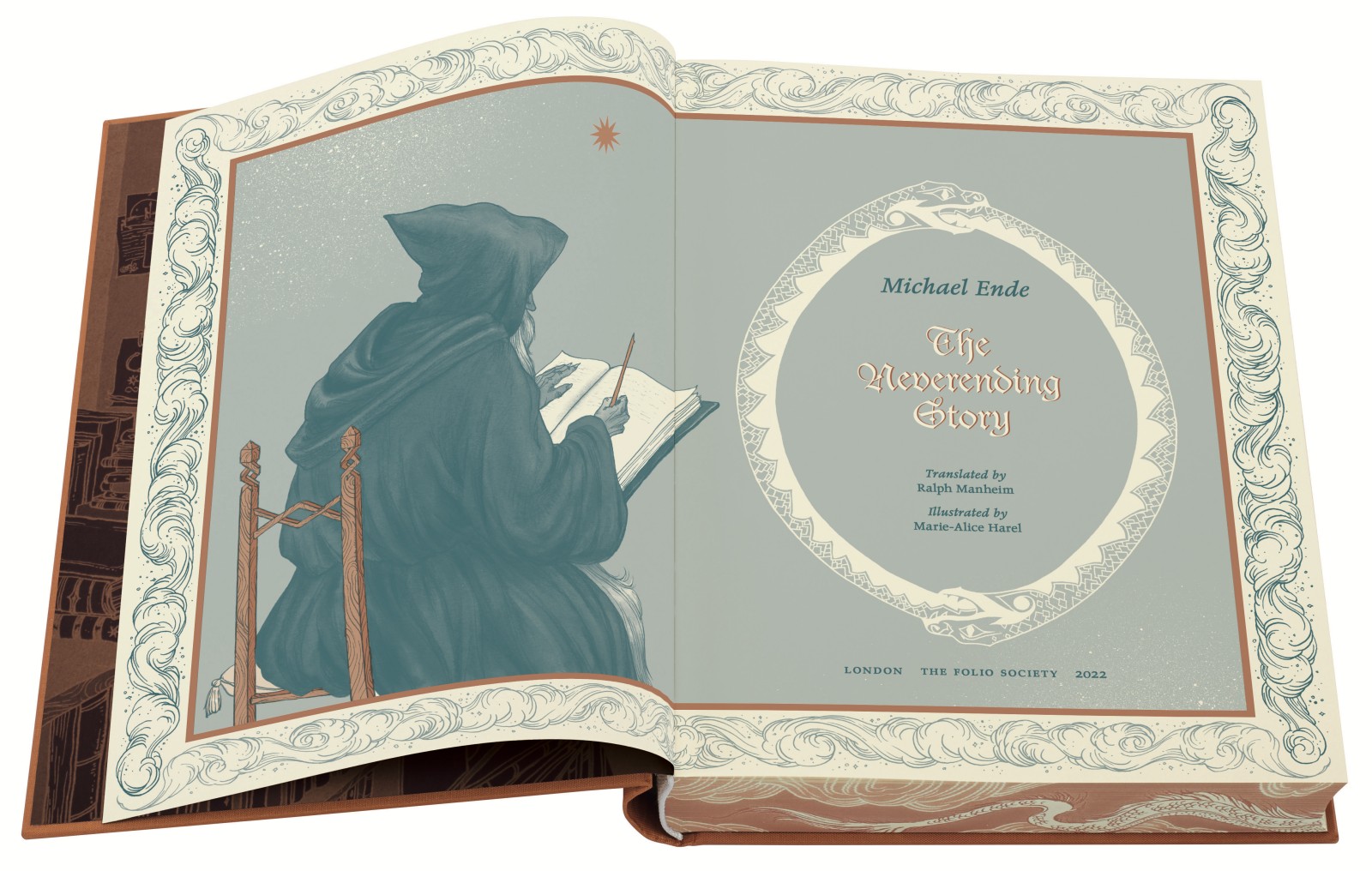
“To own an item of wonder, whether a book or a painting, gives us a sense of permanence and a future. Digital fatigue might have had some impact, as did people wanting their backgrounds to look impressive on Zoom, but I believe the desire was less ‘showy’ and more about looking forward.” She adds that the average customer has changed significantly in the last five years. “They used to be British, older and predominantly male, but now they are global, with huge demand in the US; younger and more digitally savvy; and split equally across men and women.”
The Folio Society sometimes gets customers commissioning entire bookcases and, in one instance, a whole boat. Some of its most famous clients include filmmaker and actor Guillermo del Toro, and the late Hilary Mantel, author of Wolf Hall, which will be published in a new edition this October. Mantel said: “I have always loved Folio books and I collected them long before I was a writer — tidy, glowing packages of inspiration that followed me even to Africa, turning up like miracles when so much was lost by the way.”
It seems over hundreds of years that one thing at least has remained the same: there really is nothing like a good book.
This article originally appeared in Billionaire's Explorer Issue, Autumn 2022. To subscribe contact

